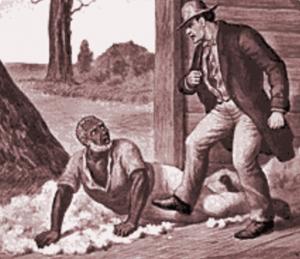What proved crucial in the Middle Ages was the fact that ever since late antiquity the Christian concept of charity, which is prior to the concept of poverty, had been enunciated and put into practice by bishops and monks in both the East and the West: The Christian view transformed spiritual humility into an active striving toward God and aimed at alleviating the physical and social humiliation of the poor.
If we accept this interpretation, it is easy to perceive the historic milestone in the education of the Christian people, both Greek and Latin, by teachers both mystical and pastoral, monastic and Episcopal. It is not by chance that the names of the Greek Fathers are associated with large cities in which poverty was rampant. Their homilies were commentaries, some unprecedented in their force, upon such passages from the Gospels as the parables of the young rich man and Lazarus and the Sermon on the Mount. Clement of Alexandria’s condemnation of lust as the root of all evil prefigures the condemnation of avarice that was a constant feature of the Middle Ages. Also worth mentioning are Saint John Chrysostom’s invectives (at Constantinople and Antioch) against those who shirked the duty to give alms, thereby offending directly against Christ, of whom the pauper was an image. The saint demanded that one tenth of the income of the wealthy should be confiscated on behalf of the poor. In Caesarea Saint Basil organized a hospice and a people’s soup kitchen. And it was again Chrysostom who expressed himself in lapidary phrases that might easily be mistaken for those of Saint Bernard: “To give a glass of water is to give a chalice …. Honor not the host with garments of silk … It is mockery to honor God in sumptuous churches while reviling him in the poor.”
“Let us feed and clothe Christ” were the words spoken in the meantime by Gregory of Nyssa. In Milan Saint Ambrose found words that have often been repeated since: “To revile the poor is to commit murder. Naboth did not kill just one pauper. Each day he reviled one, he killed another.” The African Church was no less assiduous in affirming the evangelical meaning of charity in response to misery. Leaving aside Tertullian’s commentary on the Sermon of the Mount, let me single out for special notice among Augustine’s writings, which were so widely influential in the Middle Ages, his fundamental definition of the rich man’s superfluity as the poor man’s necessity.
Michael Mollat, The Poor in the Middle Ages: An Essay in Social History. Trans. Arthur Goldhammer (New Haven: Yale University Press, 1986), 21-2.












